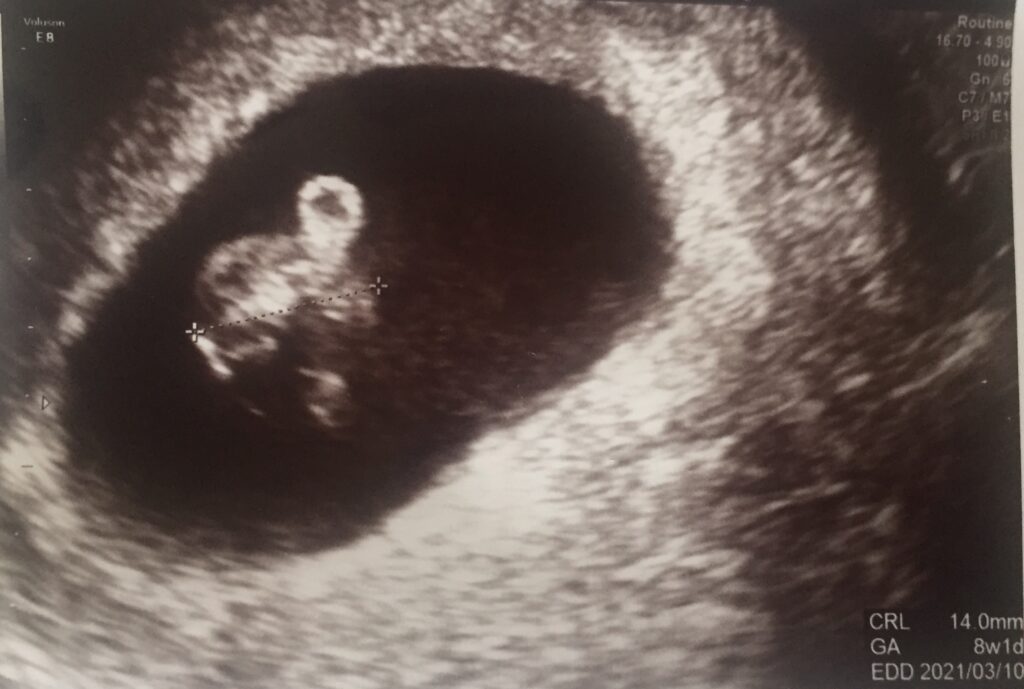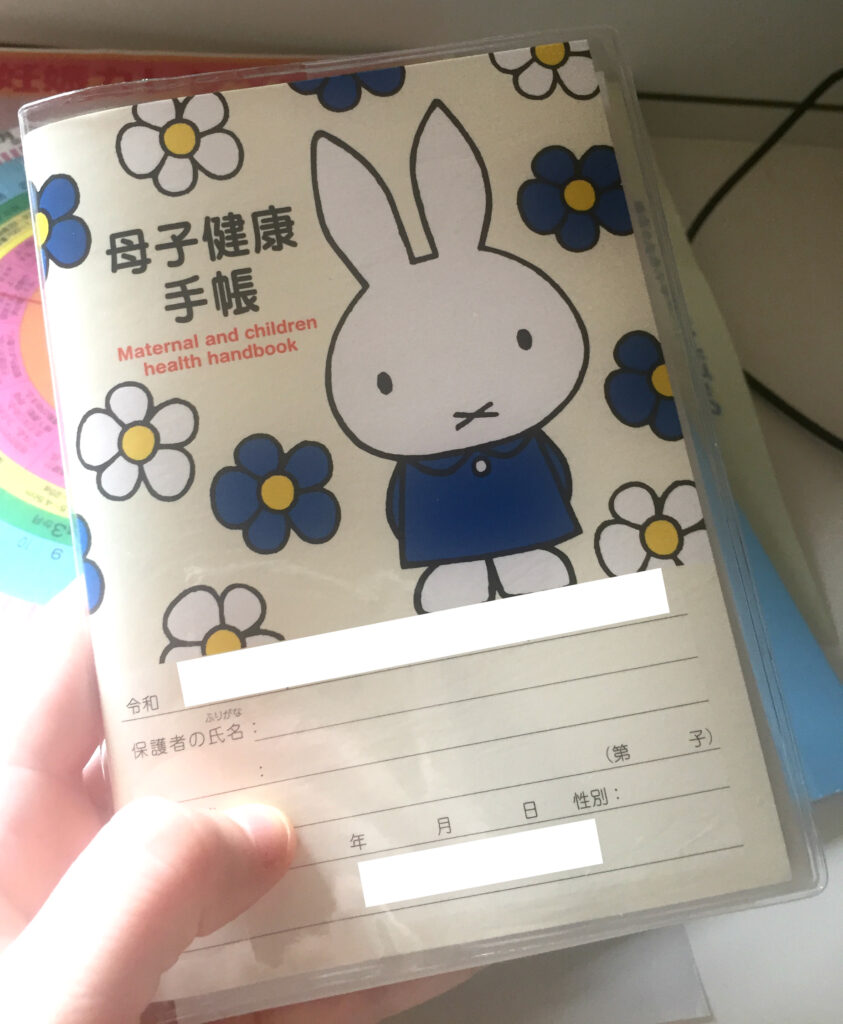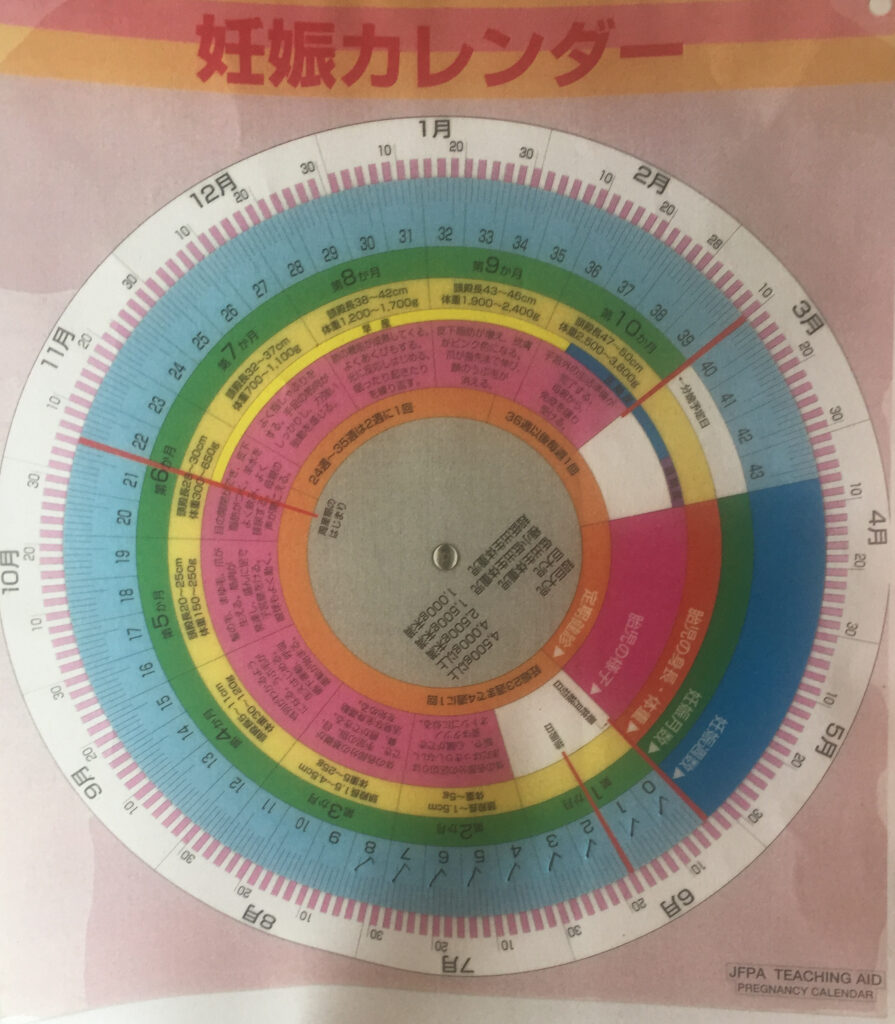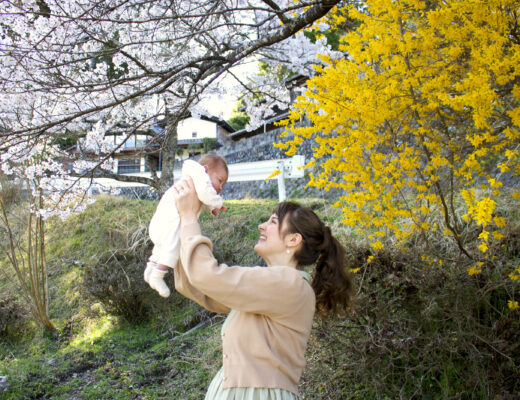We are happy to announce that the Haruna family is expecting a baby! The due date is March 10th, 2021.
This is our rainbow baby, a term that is used for a baby that is born after an infant or pregnancy loss. Before conceiving this child, we experienced 3 miscarriages, as well as secondary infertility, over the course of about 3 years.
Getting here has been a long, difficult road.. and pregnancy after loss can be so much harder than one with no previous losses. Add onto that the uncertainties of a pandemic, and it has the potential to be even more challenging.
Yet, I am so thankful that God has blessed us with this child, and slowly the excitement has been growing.
In addition to new medical restrictions due to the pandemic, there are also many differences between giving birth in Japan vs. the U.S. If you are pregnant in Japan or just interested in the process and differences, please read more below!
First, in Japan pregnancy is counted as 10 months, rather than 9 months like in the U.S.
This is because each week is counted as exactly 4 weeks, while in the U.S. some months of pregnancy have 4 weeks, while others have 5. For this reason, I can currently be described as 4 months pregnant in the U.S., but already 5 months pregnant in Japan.
After becoming pregnant in Japan, there are a series of steps that you should follow. I found these helpful, because as a planner I like being organized. (;
Step one:
Get a confirmation of pregnancy from your hospital or clinic. This often happens around 8 weeks of pregnancy, but can also be done earlier. They will normally confirm using a transvaginal ultrasound. You may get to take home your first ultrasound photo, and may even receive a cute certificate of congratulations!

Step two:
Set up an appointment at your local city office, and tell them you are expecting.
At your appointment, you will receive a counseling session that can last several hours.. so be prepared to stay awhile! Even if you speak Japanese, you may want someone to attend as a translator, since the explanation can be very technical.
You will receive a child and maternity handbook that functions as a record of your child’s health, as well as your pregnancy. This is an important document that you should keep in a safe place!! You can also request an English translation copy.

Next, you will receive information on classes available for pregnant women, immunizations, info. about baby home visits after the birth, a booklet on pregnancy (likely available in Japanese only), a maternity badge that you can attach to your bag (useful on crowded trains to show you qualify for priority seating), and so on.
You may also receive coupons for baby or maternity goods, or a guidebook of local parks and activities.
Most importantly, you will receive discount coupons for prenatal appointments and dental care, which you can use to reduce the cost since prenatal care and giving birth are not covered by insurance in Japan.
In addition, due to the low birth rate in Japan, many cities offer financial assistance to help cover childcare and birth costs. You may receive paperwork for this, and information on who qualifies and how to apply. In our area, parents can receive a partial reimbursement of birthing costs, plus an extra monthly allotment per child. Some schooling costs are also free.
The city office may also provide follow-up, such as calling to make sure your pregnancy is progressing well. We also received an envelope full of free face masks to protect against COVID.
Step three:
If you have not done so already, schedule your next prenatal appointment at a clinic or hospital.
In Japan, you will normally have an appointment once a month from the confirmation of pregnancy until 24 weeks. From 24-35 weeks, you will have an appointment once every two weeks, and from 36 weeks until birth, you will have an appointment once a week.
Unlike in the U.S., you may be offered an ultrasound at every appointment – but these are also generally much quicker than ultrasounds in the U.S.
Your second prenatal appointment may be quite lengthy.. ours took several hours. This is because they normally check your urine, weight, and blood pressure, do a transvaginal ultrasound, collect many blood samples, and you may also have a counseling session with a nurse.
Our city office offered a helpful printout that showed when prenatal appointments would be expected, how Japan counts months of pregnancy, and info. on the size of the baby at each stage (see below). I use this to check off each week of pregnancy.

Step four:
Before or during your second prenatal appointment, you may also want to decide where you will give birth. Our clinic required us to fill out paperwork and pay a reservation fee, although some hospitals may not charge this. Many clinics become booked FAST, so it is important to settle on a location as quickly as possible.
We did not register until our third prenatal appointment, but were warned many times that we might be unable to make a reservation if bookings filled up. Thankfully they did not, but it is surprising how quickly it can happen!
Making a selection so soon can be stressful.. and for that reason, I recommend researching birth planning as soon as you become pregnant in Japan, to get an idea of what kind of birth experience you desire, and what questions to ask doctors and nurses.
This helped me to decide on a clinic vs. a hospital.. despite our local hospital being closer and cheaper, I felt more comfortable with the birthing options available at the clinic.
After the above steps comes the fun part.. applying for free stuff! In a future post, I look forward to sharing how we signed up for some great baby and maternity freebies and coupons.
Do you have any questions about pregnancy in Japan?
Please leave a comment below.
To read more about pregnancy in Japan, check out these articles:
We’re Expecting! – Pregnancy in Japan
Japan’s Pregnancy Freebies: A How-To Guide
Photo credits: (c) theharunafamily.com






4 Comments
[…] We’re Expecting! – Pregnancy in Japan […]
[…] We’re Expecting! – Pregnancy in Japan […]
[…] We’re Expecting! – Pregnancy in Japan […]
[…] We’re Expecting! – Pregnancy in Japan […]